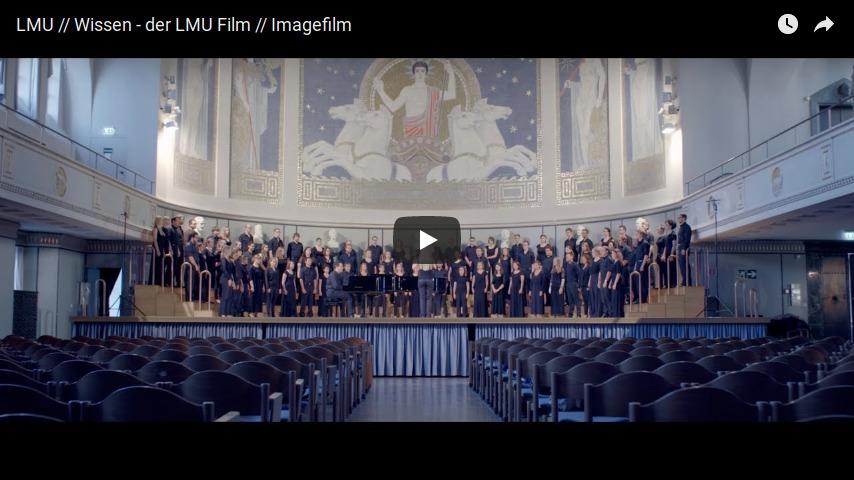Master in Theoretischer und Mathematischer Physik, Ludwig-Maximilians-Universität München
Master in Theoretischer und Mathematischer Physik
Physics and mathematics are corner stones of our modern knowledge-based society. This has to do with the structural power of abstraction and mathematical algorithms as well as the far-reaching consequences of logical induction. In connection with the processes of modelling and analyzing in natural sciences and technology, they account for the fact that mathematics and theoretical physics are important foundation pillars and central innovative factors of our civilization.
The elite program offers students both an in-depth and broad education in theoretical and mathematical physics.
Two aspects are of particular importance:
- The interdisciplinarity between modern theoretical physics and mathematics.
- The basic goal here is to demonstrate that physics and mathematics share many common questions.
- The transdisciplinarity, i.e. the transfer of knowledge from one discipline to a related one.
The focus for physics students, on the one hand, is on the use of mathematical methods, while, on the other hand, mathematicians are being guided in modern physics questions.
The two year master course is jointly run by the physics and mathematics departments of Ludwig-Maximilians-Universität München (LMU) and Technische Universität München (TUM).
There are courses in the following areas of theoretical physics and mathematics:
A: Advanced and Applied Quantum Mechanics
B: Quantum Field Theory and Gauge Theories
C: Cosmology, General Relativity and Differential Geometry
D: Stringtheory and Geometry
E: Statistical Physics and Stochastics
Besides the annual courses there will be specialized courses on current subjects. These specialized courses will be presented in a number of formats ranging from ordinary lectures over intensive block courses to summer schools.
Besides the members of the program, visiting specialists will be presenting advanced courses. This allows students to learn about topics closely related to up-to-date research from the experts in the respective fields. Furthermore, it gives the opportunity to establish personal contacts with research groups with which the "Theoreticum" and Master thesis projects can be performed. The large number of participating groups and institutes provides the students with a wide range of possible areas of specialization and potential places to later pursue a Ph.D.
Video
Links
Ort
Forschungsprofil Fachbereich/Institut
|
